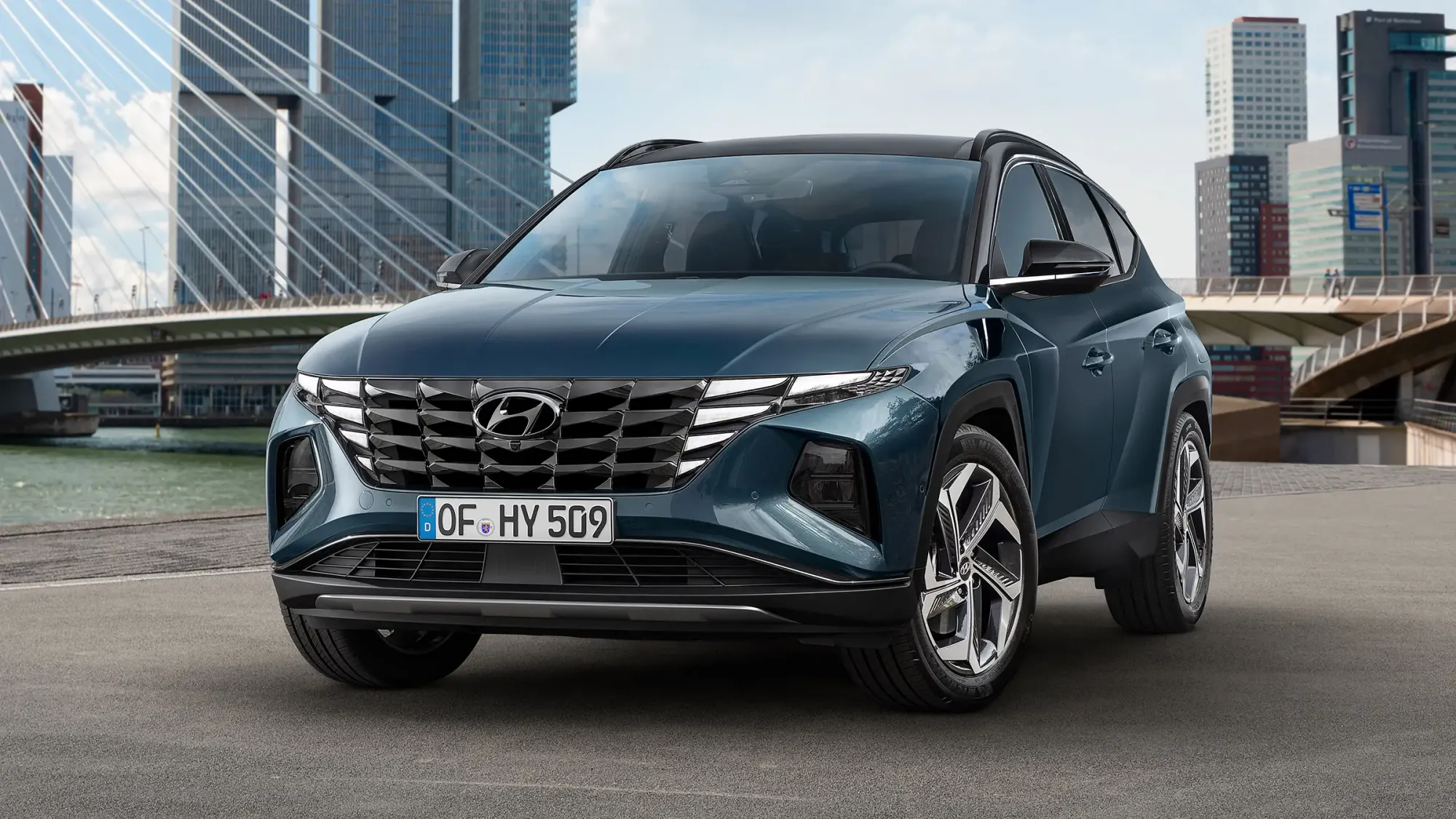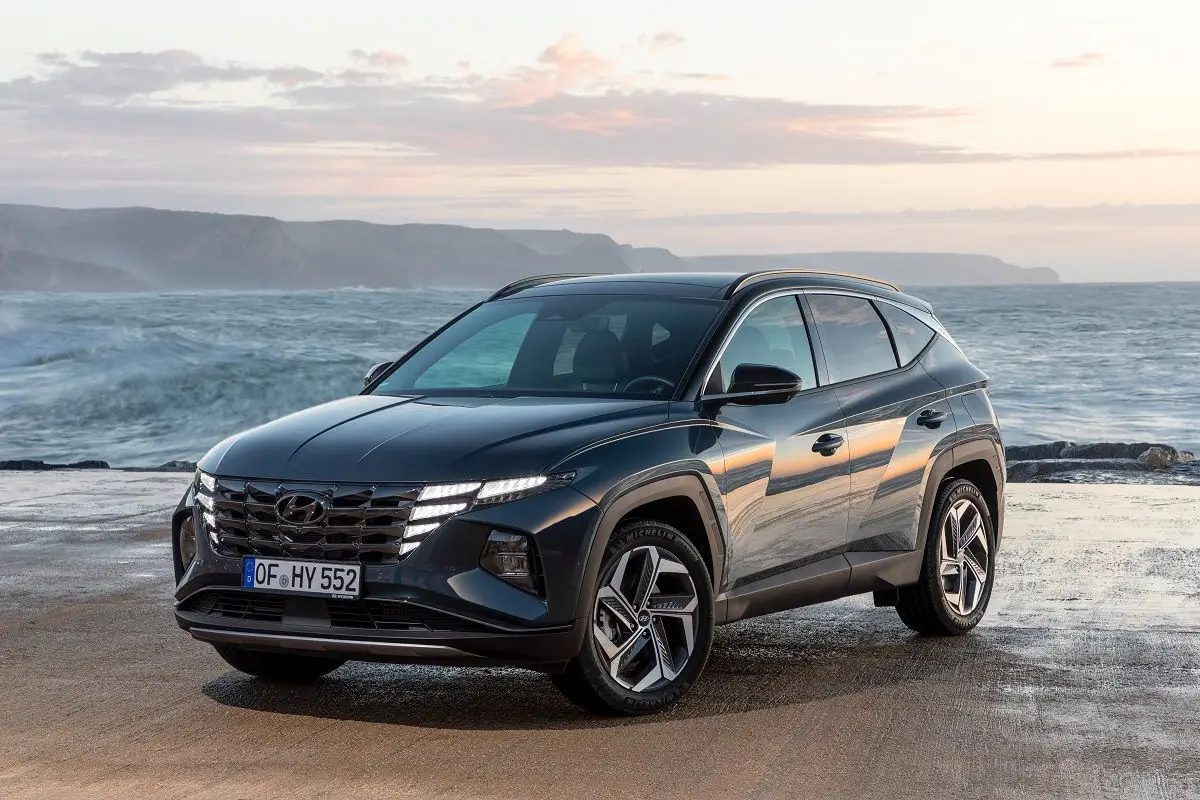Electric vehicles have become a significant focus for tech-savvy buyers and eco-conscious drivers. Among the noteworthy contenders in this market is the Hyundai Tucson Plug-in Hybrid. This blog post will provide readers with an insightful comparison of these models, covering everything from pricing and design to performance and charging options.
Pricing and Trim Levels: Hyundai Tucson Plug-in Hybrid
Choosing an EV often starts with understanding its pricing and available trim levels, as they determine the initial investment and features.
-
💰 Base Model Pricing: The Hyundai Tucson Plug-in Hybrid starts at approximately $35,000, offering standard features such as a digital instrument cluster and wireless Apple CarPlay/Android Auto.
-
🚀 Performance Trims: The top-tier trim offers enhanced performance with features like all-wheel drive and a panoramic sunroof, elevating the driving experience for around $45,000.
History and Development: Hyundai Tucson Plug-in Hybrid
The genesis and evolution of EV models highlight the technological strides and brand objectives.
-
🚗 Initial Concept and Launch: The Hyundai Tucson Plug-in Hybrid debuted in 2021, aiming to merge efficiency with practicality in a compact SUV.
-
🔧 Technological Innovations: Hyundai incorporated a hybrid powertrain with a 13.8 kWh battery, innovating efficient urban driving.
-
🌟 Exclusive Features: The model boasts a solar roof panel, aiding in battery charging and extending range.
-
🏆 Notable Awards and Achievements: The Tucson Plug-in Hybrid has been recognized for its safety features, receiving a Top Safety Pick+ from the IIHS.
Design and Exterior Features: Hyundai Tucson Plug-in Hybrid
Design and exterior features play a crucial role in an EV's aesthetics and aerodynamic performance.
-
🎨 Aerodynamic Design: The Hyundai Tucson Plug-in Hybrid features a sleek design with aerodynamic curves, minimizing drag and optimizing efficiency.
-
💡 Lighting and Aesthetics: LED headlamps and tail lights add a modern touch, enhancing both visibility and style.
-
🚪 Unique Features: A standout feature is the hidden rear wiper, maintaining a clean appearance.
-
📏 Exterior Dimensions: With a length of about 182 inches, the Tucson offers a compact yet spacious profile, ideal for city driving.
Interior and Cabin Space: Hyundai Tucson Plug-in Hybrid
Interior comfort and space are pivotal for EV buyers, influencing daily usability and passenger experience.
-
🪑 Seating and Comfort: The Tucson provides seating for five, with heated front seats and ample legroom enhancing comfort.
-
📱 Technology Integration: It features a 10.25-inch touchscreen infotainment system and a digital key for tech-savvy users.
-
🧳 Storage and Utility: The cabin offers 31 cubic feet of cargo space, expanding to 66.3 cubic feet with rear seats folded.
Performance and Acceleration: Hyundai Tucson Plug-in Hybrid
Performance and acceleration are crucial for buyers seeking a dynamic driving experience.
-
⚡ Acceleration and Speed: The Tucson Plug-in Hybrid accelerates from 0-60 mph in about 8.2 seconds, balancing power with efficiency.
-
🛞 Handling and Drive Modes: It features selectable drive modes, including Eco and Sport, to tailor driving dynamics to preferences.
Range and Battery Options: Hyundai Tucson Plug-in Hybrid
Range and battery configurations are critical for ensuring an EV meets driving needs.
-
🔋 Battery Options: Equipped with a 13.8 kWh battery, the Tucson offers a combined range of 33 miles on electric only.
-
🌍 Real-World Range: In mixed driving conditions, it provides an estimated 300 miles when combining petrol and electric power.
Technology and Safety Features: Hyundai Tucson Plug-in Hybrid
Advanced technology and safety features enhance driving confidence and convenience.
-
🤖 Driver Assistance Features: The Tucson includes adaptive cruise control and lane-keeping assist as part of its SmartSense suite.
-
🚘 Full Self-Driving or Advanced Systems: While it doesn't offer full self-driving, it features highway driving assist for semi-autonomous capabilities.
-
🛡️ Active Safety Features: Standard features include forward collision warning and automatic emergency braking.
-
⭐ Crash Test Ratings: It earns high marks from the NHTSA, showcasing its solid safety credentials.
Charging Options and Infrastructure: Hyundai Tucson Plug-in Hybrid
Charging options and infrastructure are essential for EV practicality and convenience.
-
⚡ Home Charging: The Tucson supports Level 1 and Level 2 home charging, providing full charge in under 2 hours with Level 2.
-
🌍 Public Charging Networks: Compatible with most public charging stations, although lacking a proprietary fast-charging network.
Charging Speed: Hyundai Tucson Plug-in Hybrid
Charging speed directly affects the usability of an EV for everyday use.
-
⚡ Home Charging Speed: With a 240V outlet, the Tucson charges fully in about 2 hours.
-
🌍 Fast Charging Speed: The vehicle supports rapid DC charging, allowing an 80% charge in roughly 25 minutes.
Maintenance and Warranty: Hyundai Tucson Plug-in Hybrid
Maintenance and warranty coverage provide peace of mind and reduce ownership costs.
-
🛠️ Maintenance Costs: The Tucson Plug-in Hybrid offers low maintenance costs, typical for hybrid powertrains.
-
📜 Warranty Coverage: Hyundai provides a 10-year/100,000-mile warranty on the hybrid components, ensuring long-term reliability.
Customization Options: Hyundai Tucson Plug-in Hybrid
Customization options allow buyers to personalize their vehicle to reflect personal style and preferences.
-
🎨 Exterior Colors: The Tucson offers a palette of vibrant colors including Intense Blue and Amazon Gray.
-
🛞 Wheel Designs: It features several alloy wheel options, ranging from 17 to 19 inches for varying styles.
-
🪑 Interior Trims: Interior options include cloth or leather seating surfaces, available in black or gray tones.
Conclusion: Hyundai Tucson Plug-in Hybrid
Summarizing the comparison reveals essential insights for potential buyers.
-
✅ Strengths of Each Model: Hyundai Tucson Plug-in Hybrid excels in offering a comprehensive suite of safety features and a cost-effective plug-in hybrid option.
-
❌ Considerations: Potential buyers should consider the limited electric-only range when evaluating daily driving primarily on electric power.




